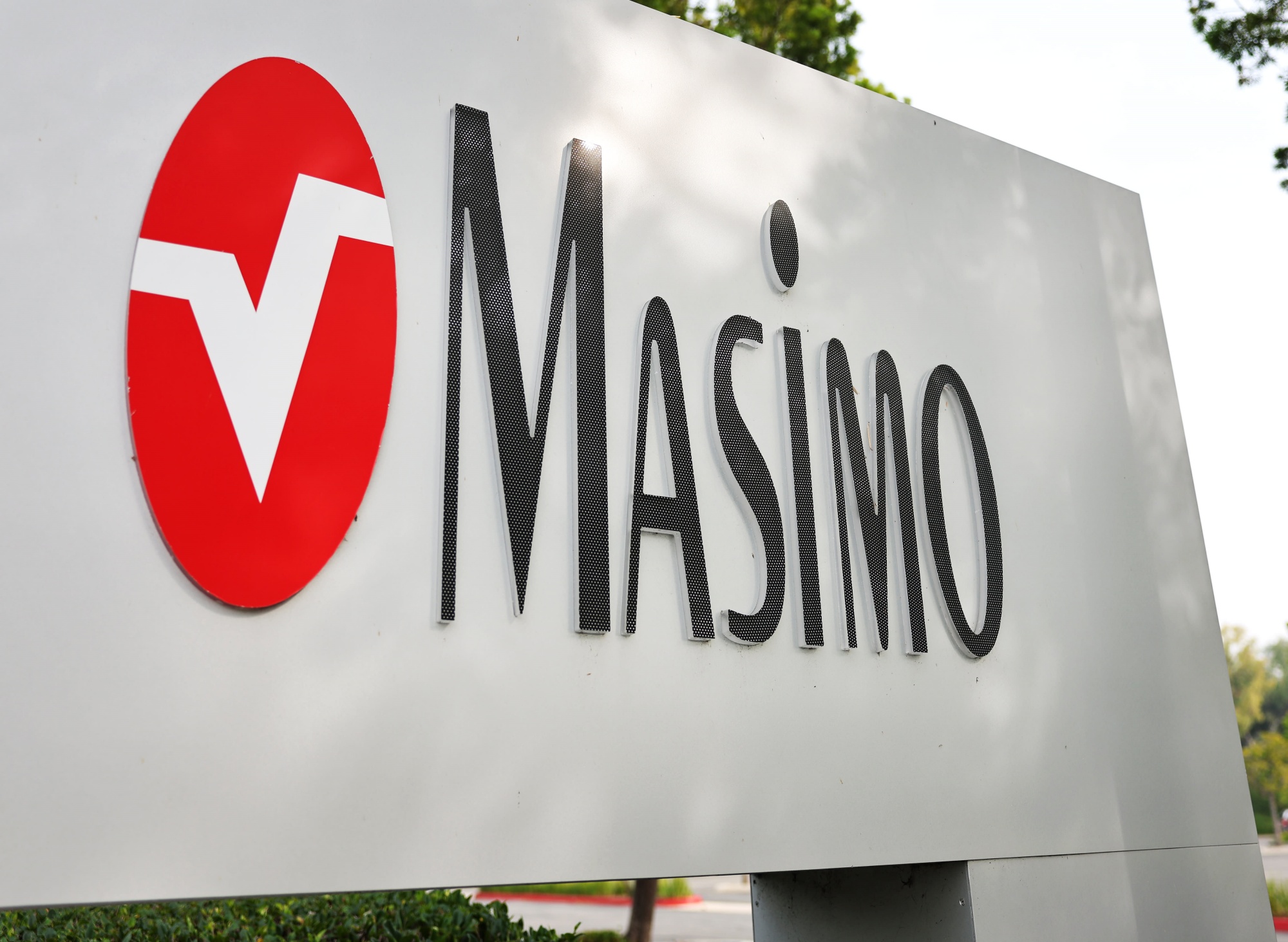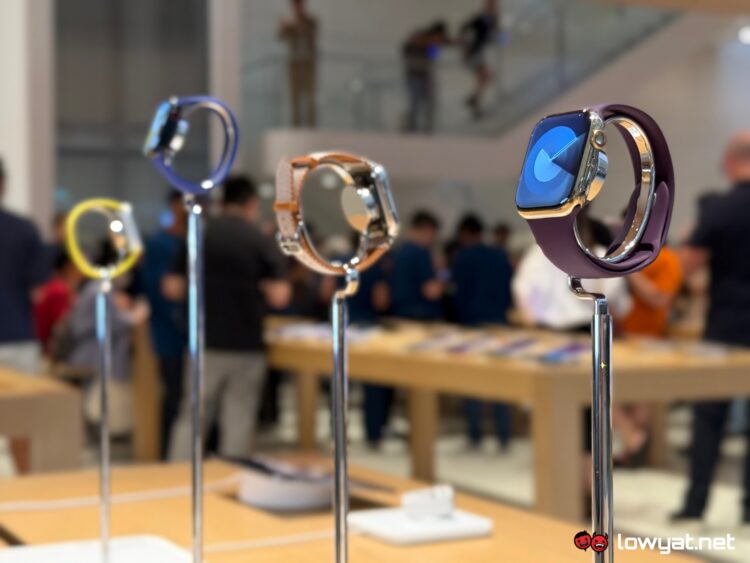A federal jury in California has ruled that Apple must pay US$634 million (about RM2.62 billion) to medical-technology company Masimo after finding that several Apple Watch features infringed on one of Masimo’s blood-oxygen monitoring patents. The verdict, first reported by Reuters, marks a significant development in a long-running and highly complex legal fight between the two companies.
The case centres on Masimo’s patent covering blood-oxygen sensing technology, which the jury said could be observed in the Apple Watch’s workout mode and heart rate notification features. Apple has disputed the outcome and confirmed plans to appeal, saying that the single patent at issue expired in 2022 and relates to “historic patient monitoring technology from decades ago.”

This ruling represents just one chapter in a broader dispute that has unfolded across multiple courts and regulatory bodies over the past six years. Masimo has repeatedly accused the iPhone maker of infringing its patents and even poaching its employees. Apple has denied the allegations, noting that many of the patents were ultimately ruled invalid.
The feud gained wider attention in 2023, when the US International Trade Commission (ITC) ordered a ban on importing the Apple Watch Series 9 and Ultra 2 after determining that Apple’s blood-oxygen features infringed Masimo’s intellectual property. Apple responded by temporarily pulling the models from sale and later removing blood-oxygen capabilities from shipped units to comply with the order.

In August this year, Apple introduced redesigned blood-oxygen functionality for the Series 9, Series 10 and Ultra 2. The updated implementation received approval from US Customs and Border Protection, but Masimo swiftly filed a lawsuit against the agency, accusing it of overstepping its authority by permitting sales without consulting the company.
Despite the new verdict, the legal saga is far from over. Alongside Apple’s pending appeal, the ITC has announced a new proceeding to determine whether the updated Apple Watch models should still fall under the import ban. Meanwhile, Masimo’s lawsuit against US Customs remains active, and Apple continues to challenge the ITC’s original ban at the federal appeals court.
(Source: Reuters)


